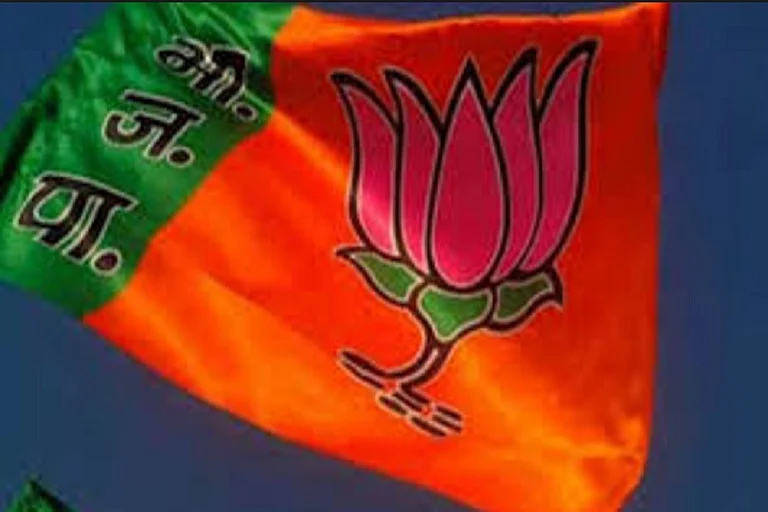Last week a newspaper described the last Parliament as "grey". Over 70 per cent of its MPs were over 50 years of age. Industrialist Anil Ambani said the vast majority of our population is young. He urged business management graduates to enter politics and redress the balance.
The current election campaign is different from previous campaigns. The parties debate no serious political issues. Critics deplore the large number of showbiz celebrities who have joined the campaign to add glamour and subtract substance from the contest.
A more significant aspect of this campaign is overlooked. Sonia Gandhi, V.P. Singh, the late Rajesh Pilot, Vasundhararaje, Jaswant Singh, Mulayam Singh Yadav, K. Karunakaran, Sheila Dikshit, the late Madhavrao Scindia, Maneka Gandhi, S. Bangarappa, Om Prakash Chautala, the late Murasoli Maran, Murli Deora, Ajit Singh—the names read like an endless list of national leaders. By the next general election this list could be doubled. What is common to these names? These are leaders whose sons and daughters have entered full-time politics. Most of the offspring are between 25 and 35 years of age. Some have been educated abroad and are well qualified.
How can these young men and women discard professional careers to make politics their wholetime occupation? The careers that most of them spurned were very likely lucrative. Is it that their parents are so rich that money means little to them and that they do not, therefore, need careers? Or does Anil Ambani imply that politics itself should be viewed today as a lucrative moneymaking vocation?
Most national political leaders in and out of office display extravagant lifestyles. Many of them have been in active politics for decades. They came from financially humble families. They have had virtually no well-paid professions to sustain them during any part of their lives. They have been local corporators, mlas, MPs and ministers throughout their adult lives. They are untainted by any major corruption scandals. Yet, today they seem to have the wealth of millionaires.
From where did they acquire their wealth? What kind of perks does the "system" provide to make them rich from salaries modest even of ministers? Do their sons and daughters intend now to acquire more wealth from the same sources that enriched their parents?
Elections in developing societies are crucial. Experts explore what is possible. People express what is acceptable. Collating the two, politicians decide what is feasible. Politics is serious work. But its distortion today is profound. It exceeds issues like dynasty, or trivialisation.
(Puri can be reached at rajinderpuri2000@yahoo.com.)






















